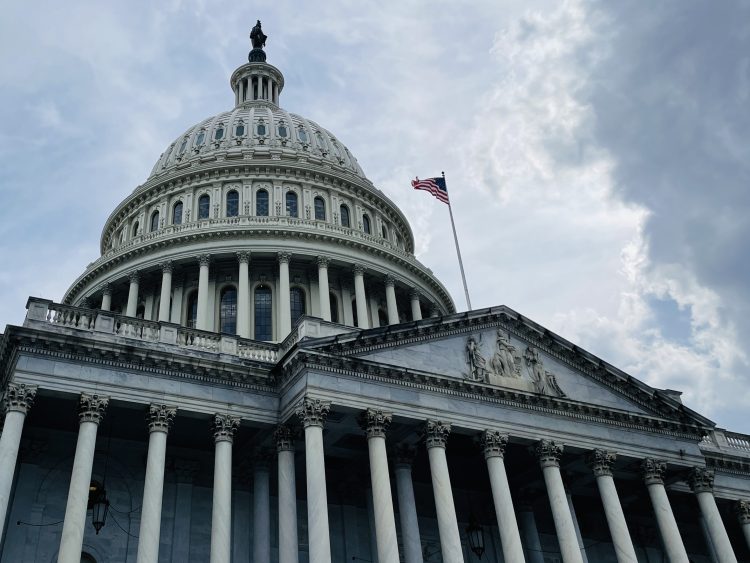With Fiscal 2014 winding down, the Treasury Department’s latest monthly statement indicates the federal deficit is heading for another substantial drop. This expected improvement largely reflects a strengthening economy, however, and should not obscure the intermediate- and long-term fiscal challenges that must still be met.
Even in the short term, of course, the government is still spending far more than it takes in, adding to the debt. The Treasury report says that federal revenue so far this year totaled $2.663 trillion while spending reached $3.253 trillion.
This produced a deficit of $589 billion, although a surplus this month is expected to push that number down. Last year’s final deficit figure was $680 billion. Fiscal 2014 ends Sept. 30.
The strengthening economy has boosted federal revenue significantly while it has automatically reduced or slowed federal spending in some areas. In addition, some changes in tax and spending policies have helped lower deficits.
But federal deficits are expected to start growing again within a few short years. As the Congressional Budget Office and the Social Security trustees noted again in reports this summer, the federal budget still faces increasing pressures driven largely by the aging population, rising costs for entitlement programs and growing interest payments on the debt.
External links:
Monthly Treasury Statement for August
CBO Report Points to Population Aging as Fuel for Structural Deficits (Concord Coalition)
Summary of 2014 Social Security and Medicare Trustees’ Reports
2014 Long-Term Budget Projections (CBO)
Continue Reading











